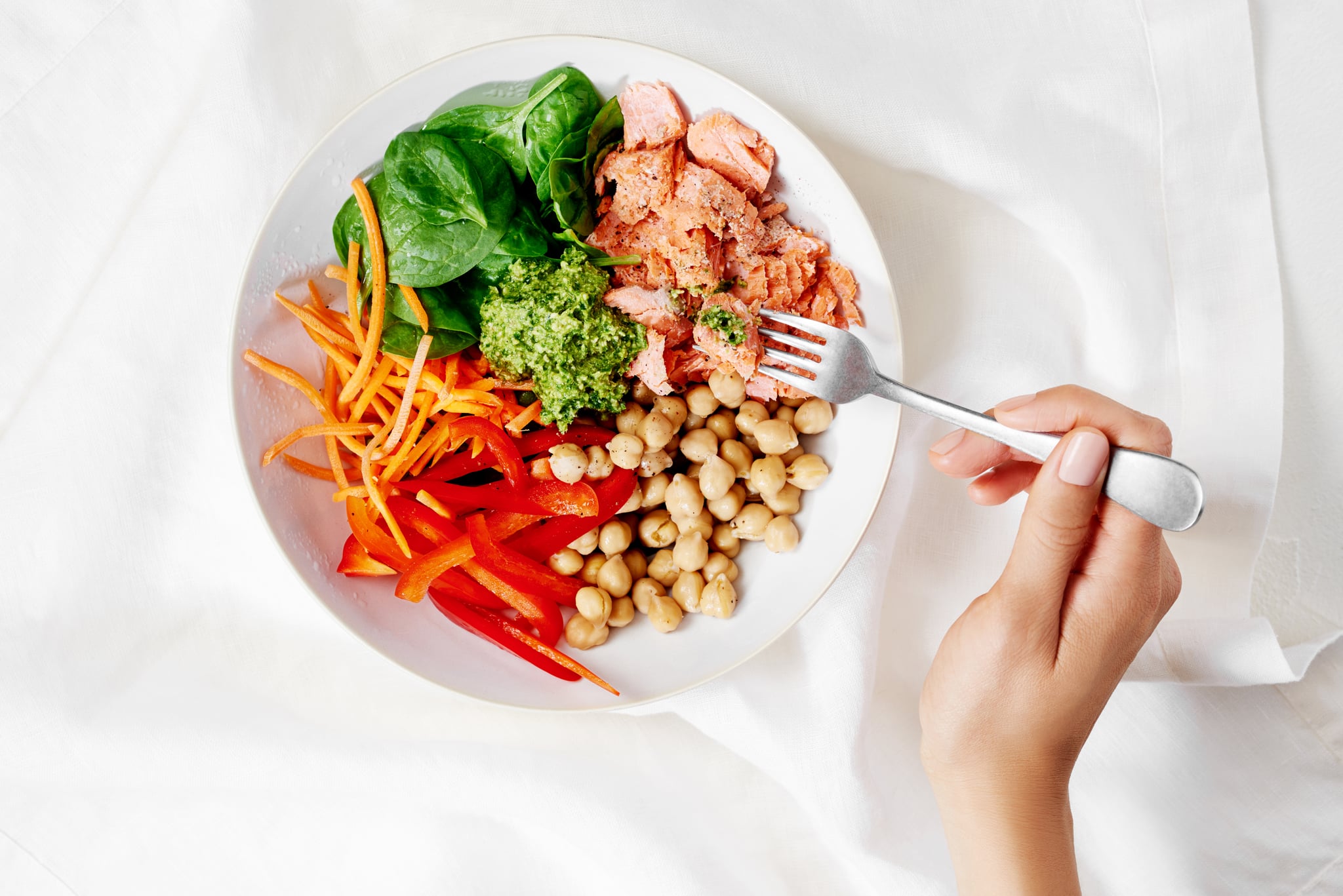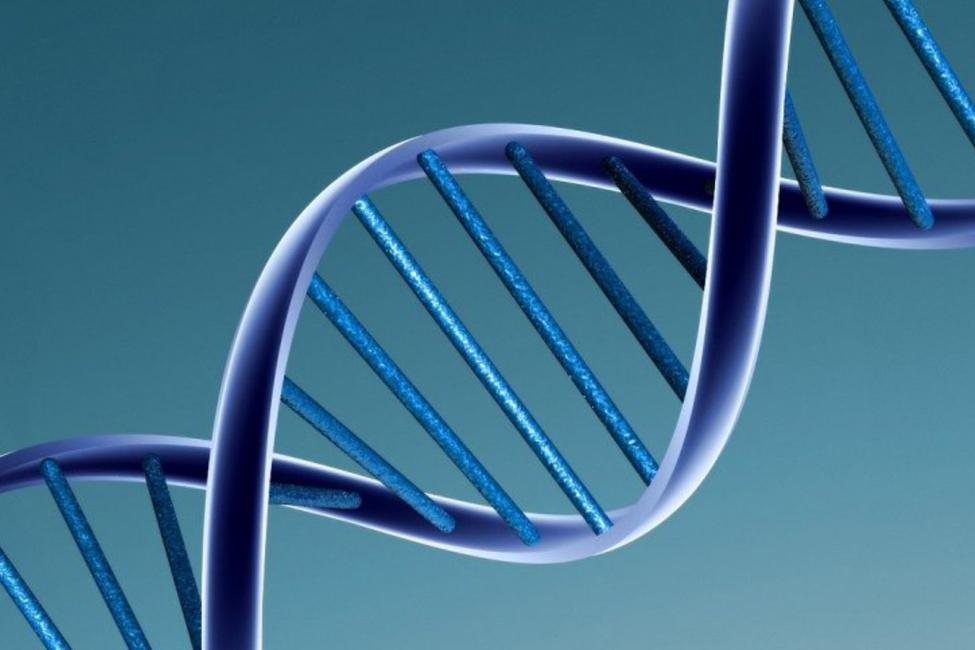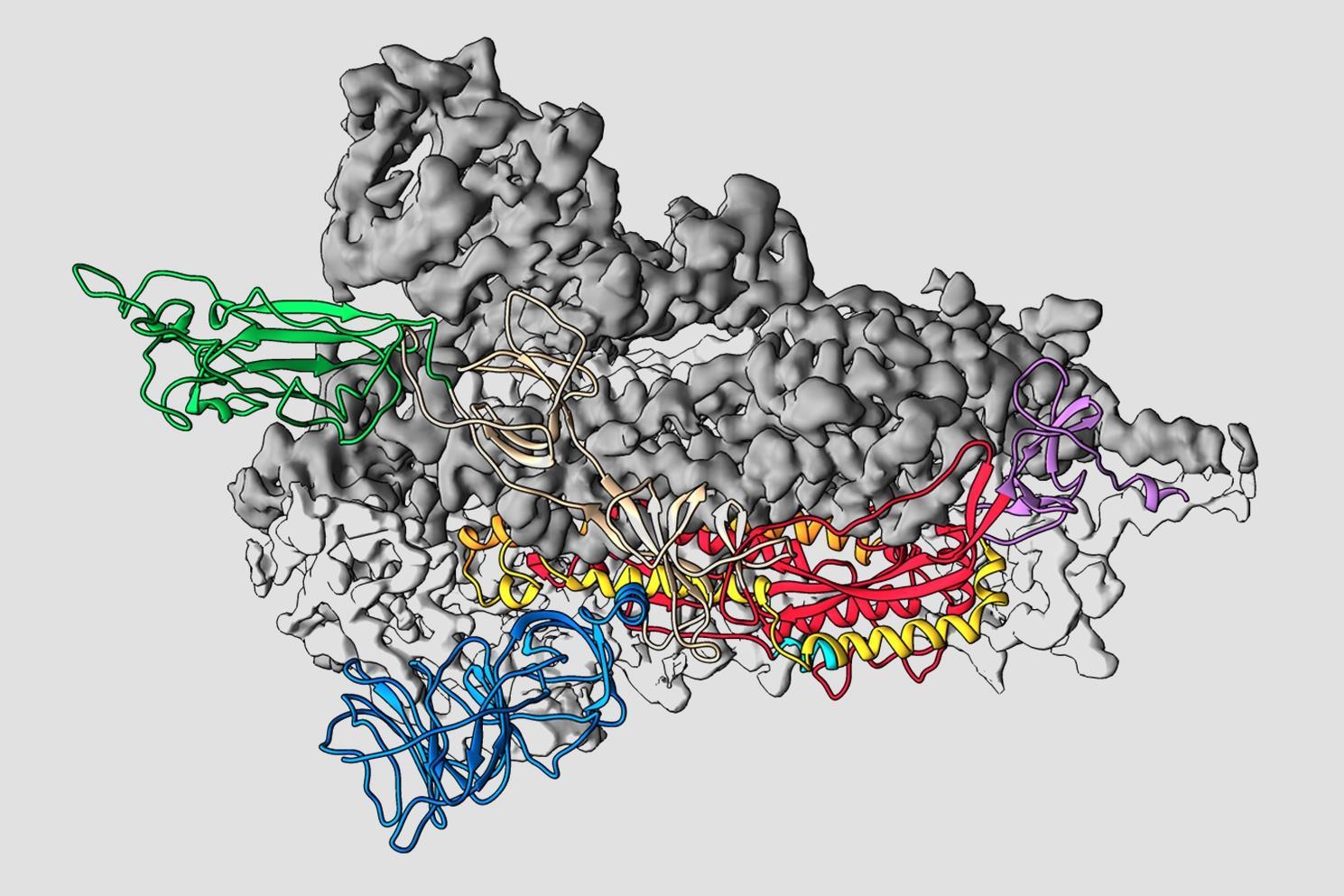A significant number of them go to comfort foods when they are feeling down, which are by and large characterized as those dishes and tidbits that are anything but difficult to make (or request out — much obliged, GrubHub GRUB, – 1.00% and Postmates — or open from a bundle) that are loaded up with nostalgic or sentimental value. (They’re additionally frequently loaded with sugar, salt, fat as well as refined carbs.)
Yet, new research shows that they’re doing comfort food all off-base. Truth be told, removing prepared foods and including more fruits, vegetables and fish doesn’t simply make them more healthier — it might likewise make them more joyful.
A little, randomized preliminary distributed in PLOS One this week (in the nick of time for World Mental Health Day) took a gander at 76 grown-ups ages 17 to 35, who all scored “moderate to high” on a size of wretchedness side effects utilized by specialists, and who likewise devoured eating regimens that were high in handled foods, immersed fats and refined carbohydrates.
The subjects were part into two gatherings. One was urged to eat more advantageous by getting cash for shopping for food, a little hamper of storeroom things, just as tips to eating more healthier, entire nourishments. Analysts monitored them two times every week for three weeks to perceive how their weight control plans were going. The control gathering, then again, didn’t get any nourishment, cash or wholesome direction.
Also, toward the finish of three weeks, those on the eating routine who ate more natural products, vegetables and fish — otherwise known as a Mediterranean-style diet — saw their dispositions altogether improve, and their “moderate to high” depression scores dropped inside an ordinary range. Those in the control bunch who had adhered to their less sound eating regimens didn’t see change to their dispositions or scores. A quarter of a year later, the subjects who proceeded with the smart dieting propensities kept on having raised states of mind and progressively improved life viewpoints.
Presently, this was a little preliminary, and increasingly randomized control preliminaries are expected to build up whether there truly is a reason impact connection among diets and sadness. The control bunch for this situation sat idle, for example. Future research should think about the results of individuals who eat well with those difficult an alternate intercession, for example, social support, to show how compelling another eating regimen would be in comparison.
Also, nobody is stating that essentially eating more vegetables can replace treatment and prescription in treating despondency and other psychological health conditions.
Be that as it may, as study co-creator Heather Francis, a nourishing neuroscience scientist from Macquarie University in Sydney, disclosed to Live Science, “These findings add to a growing literature to suggest that healthy diet can be recommended as an effective therapy to improve depression symptoms, as an adjunct to pharmacological and psychological therapy.”
One of every five U.S. grown-ups experience mental illness every year, as indicated by the National Alliance on Mental Illness, and one out of six U.S. youth ages six to 17 likewise have a mental health issue. It’s assessed that genuine mental instability causes $193.2 billion in lost income in the U.S. alone every year, and costs the worldwide economy $1 trillion every year, NAMI reports.
Past studies have likewise recommended that changes to diet — and following a Mediterranean diet, specifically — could improve manifestations of sorrow and nervousness.
A 2018 meta-examination of more than 1.5 million healthy grown-ups found that the individuals who most intently pursued a Mediterranean diet had a 33% lower danger of creating wretchedness more than eight to 12 years contrasted and those whose diets were the most inverse. Furthermore, a recent report distributed in the World Journal of Psychiatry thought of an Antidepressant Food Scale. What’s more, beating its rundown of the 12 best nourishments stacked with supplements that impact misery were bivalves (mollusks and mussels) and fish stuffed with nutrient B12, iron, zinc, copper, calcium and omega-3 unsaturated fats, just as verdant greens, lettuces, peppers and cruciferous vegetables (cauliflower and broccoli) likewise pressed with iron and vitamins.
On the other side, those natural sweet or salty comfort foods that give a stimulating beverage at the time can wind up exacerbating they feel. Nourishments that spike their blood sugar(like desserts, white breads and prepared starches like pasta and french fries) regularly lead to a “crash” later on — like feeling shaky, lethargic, irritable or anxious in the afternoon.
Disclaimer: The views, suggestions, and opinions expressed here are the sole responsibility of the experts. No Graph Daily journalist was involved in the writing and production of this article.



